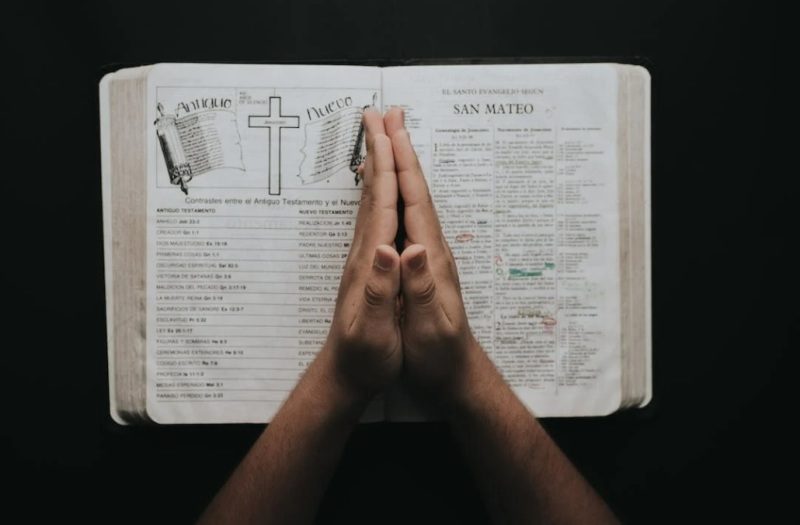
The latest international religious freedom report by the U.S. State Department casts a shadow over India's record on religious tolerance. This comes as the Biden administration faces increasing scrutiny for its stance on India, where reports of persecution against Christians and other religious minorities continue to rise.
The report paints a concerning picture, detailing an "alarming increase" in anti-conversion laws, hate speech, and violence targeting religious minorities in India. Ten of India's 28 states have enacted restrictions on religious conversions, further limiting the freedoms of minority faiths.
Christian communities in particular have reported disturbing incidents where local police aided mobs disrupting their worship services based on accusations of conversion activities. In some cases, the police reportedly stood by while these mobs attacked Christians, only to arrest the victims themselves on conversion charges.
The report sheds light on the scale of the problem by citing statistics from advocacy groups. The United Christian Forum (UCF) documented a significant rise in attacks against Christians, with the number jumping from 599 in 2022 to 731 in 2023.
The Indian government, however, disputes these figures, calling them "exaggerated." However, religious freedom advocacy groups maintain that the government downplays the severity of the situation.
Open Doors, another prominent advocacy group, offers a different perspective. They report a rise in violence against Christians fueled by a growing extremist belief that India should be a Hindu nation. According to Open Doors, this mindset has led to "an environment where any Christian who shares their faith can be accused of a crime, intimidated, harassed and even met with violence."
Their report details a grim picture, documenting 160 deaths due to "faith-related reasons" between October 2022 and September 2023. Additionally, over 2,200 Christian churches were attacked and more than 2,000 Christians were detained during the same period.
The report acknowledges that hostility is not limited to Christians. It details a violent incident in Haryana that targeted Muslims. While the state government denied a request for a Hindu procession to avoid further violence, over 1,000 structures, primarily Muslim-owned, were demolished in the aftermath. Rights groups allege these demolitions were religiously motivated despite claims from the state government that they targeted illegal constructions.
The Biden administration has been criticized for not including India on the State Department's annual list of "Countries of Particular Concern" (CPC) – a category reserved for the world's worst violators of religious freedom. The U.S. Commission on International Religious Freedom (USCIRF), a bipartisan agency that advises the U.S. government on religious freedom matters, expressed strong disappointment at India's absence from the list. Advocacy groups like International Christian Concern consider India's exclusion from the CPC list a "travesty of justice."
The State Department's report puts pressure on the Indian government to address rising religious intolerance and violence against minority communities. With documented cases of violence, limitations on religious freedom, and a growing atmosphere of fear, India will need to take significant steps to demonstrate its commitment to protecting the rights of all its citizens, regardless of their faith.


















